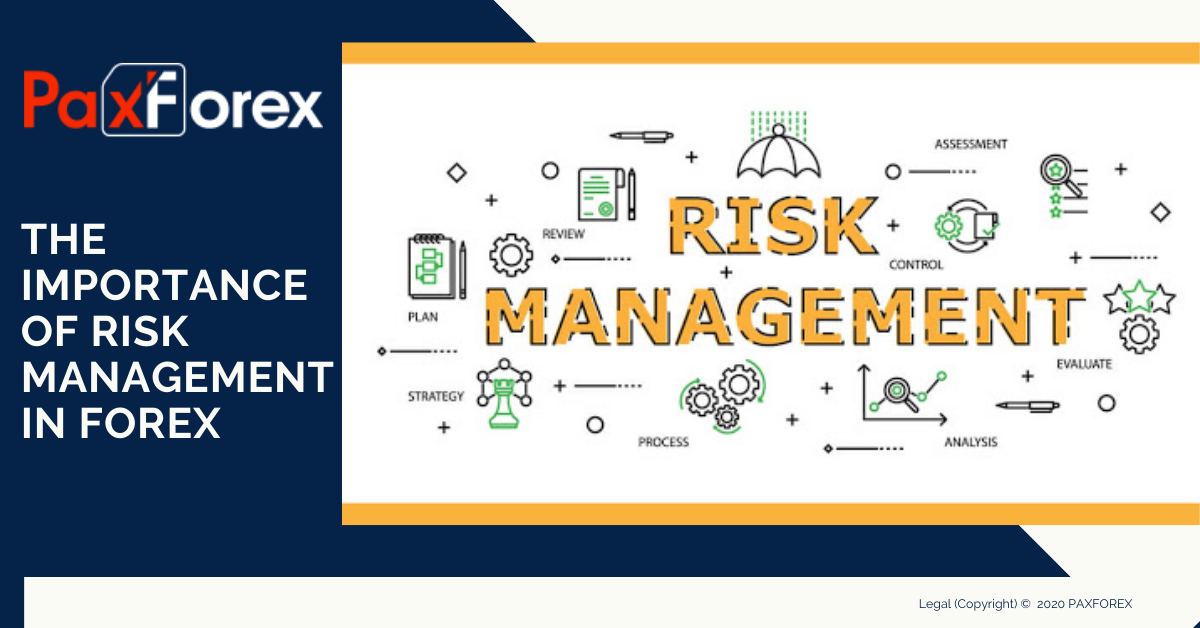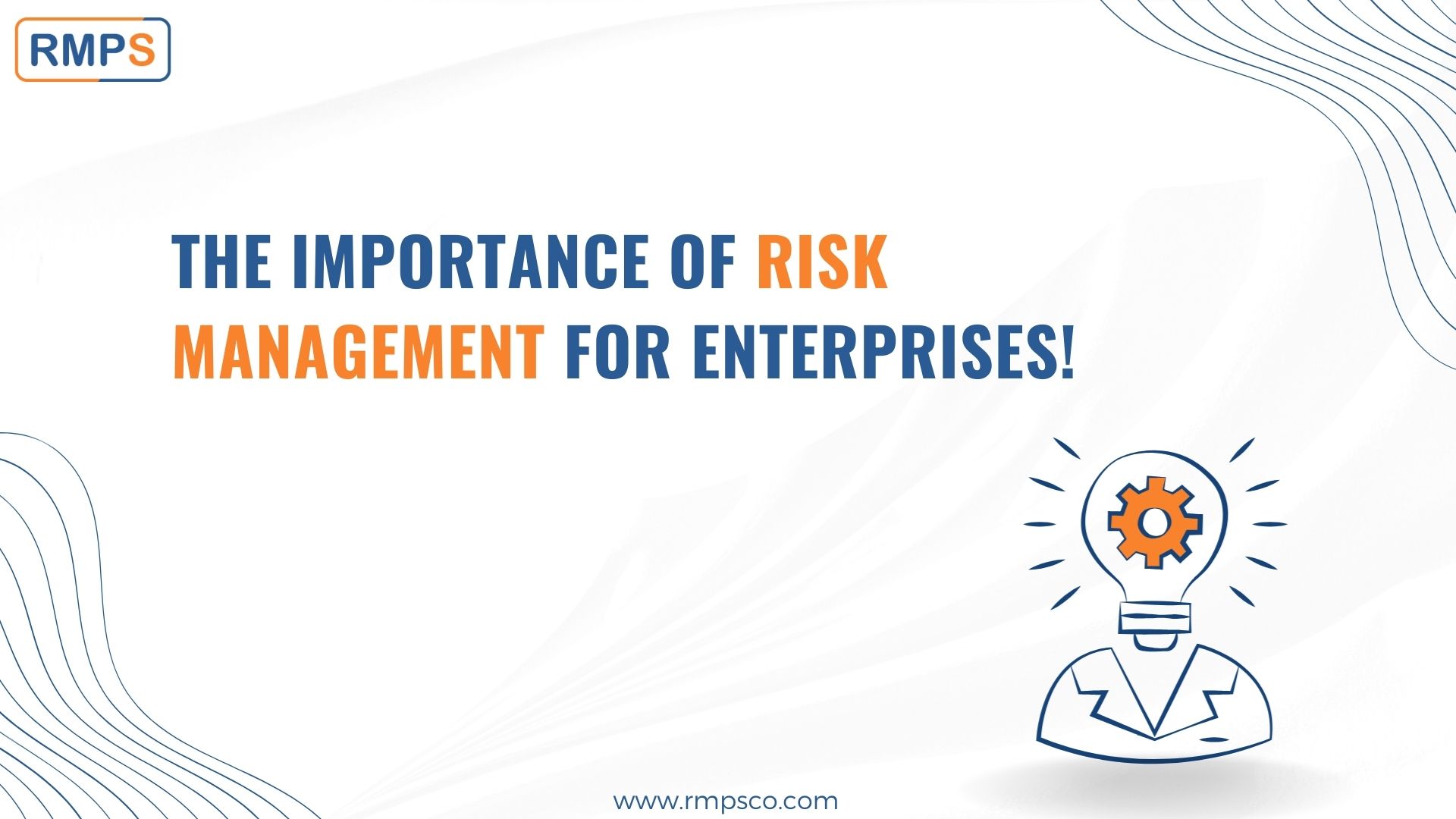How the Importance of Risk Management Promotes Successful Project Outcomes
Wiki Article
The Value of Recognizing the Significance of Risk Management in Numerous Industries

The Core Principle of Risk Management and Its Purpose
Risk Management, the cornerstone of several markets, rests on the recognition, assessment, and reduction of unpredictabilities in a service setting. It is an essential practice that enables companies to safeguard their possessions, reputation, and total survival. By properly recognizing possible threats, services can create approaches to either avoid these threats from occurring or minimize their influence. The analysis process entails evaluating the likelihood and prospective seriousness of these risks. Once threats have actually been determined and examined, the mitigation procedure includes developing techniques to decrease their possible influence. This procedure is ongoing and intermittent, guaranteeing that services are gotten ready for the ever-changing nature of Risk in different markets. The primary function, therefore, is to cultivate resilience in the middle of uncertainties.Benefits of Carrying Out Risk Management in Business Operations

Unveiling the Duty of Risk Management in Different Industries
While every industry confronts its special collection of dangers, the execution of Risk Management approaches remains a common denominator in their pursuit of sustainability and development. In the healthcare sector, Risk Management requires ensuring patient safety and data protection, check while in money, it entails mitigating investment dangers and making sure regulative conformity. Ultimately, the role of Risk Management across industries is to identify, assess, and minimize threats.
Real-life Instance Researches Showing Successful Risk Management
To comprehend the value of Risk Management in these lots of markets, one can seek to a number of real-life circumstances that illustrate the effective application of these actions. In the energy industry, British Oil created Risk mitigation intends post the 2010 Gulf of Mexico oil spill. They applied much better security procedures and more stringent guidelines which dramatically reduced more mishaps. In money, Goldman Sachs successfully browsed the 2008 monetary dilemma by recognizing possible mortgage-backed safety and securities risks early. Last but not least, Toyota, post the 2011 quake in Japan, revised its supply chain Management to reduce disturbance threats. These situations show how industries, gaining from dilemmas, effectively applied Risk Management strategies to lower future risks.
Future Patterns and Developments in Risk Management Methods
As the globe proceeds to develop, so too do the patterns and developments in Risk Management approaches. Quick advancements in technology and information analytics are reshaping the Risk landscape. Huge information and AI are currently important in forecasting and reducing dangers. Organizations are leveraging these tools to build anticipating models and make data-driven decisions. Cybersecurity, when a peripheral issue, has actually catapulted to the forefront of Risk Management, with strategies concentrating on prevention, discovery, and action. The integration of ESG (Environmental, Social, Governance) variables into Risk Management is an additional growing pattern, mirroring the enhancing acknowledgment of the duty that ecological and social threats play in organization sustainability. Hence, the future of Risk Management lies in the fusion of sophisticated technology, ingenious techniques, and an alternative method.Final thought
Finally, recognizing the relevance click site of Risk Management across a range of markets is vital for their durability and success. Tailored methods can help reduce potential threats, protect properties, and foster stakeholder trust. Furthermore, positive decision-making aids in regulative compliance and maximizes resource use. Inevitably, effective Risk Management adds to extra lasting and durable services, highlighting the significance of this technique in today's dynamic and extremely affordable service atmosphere.While every market confronts its unique helpful site set of dangers, the implementation of Risk Management techniques remains a common in their pursuit of sustainability and growth. In the health care sector, Risk Management entails making sure client safety and security and information protection, while in money, it involves mitigating investment threats and ensuring regulative conformity. Inevitably, the function of Risk Management throughout industries is to identify, evaluate, and alleviate dangers. These situations demonstrate exactly how sectors, discovering from dilemmas, successfully used Risk Management methods to decrease future risks.

Report this wiki page